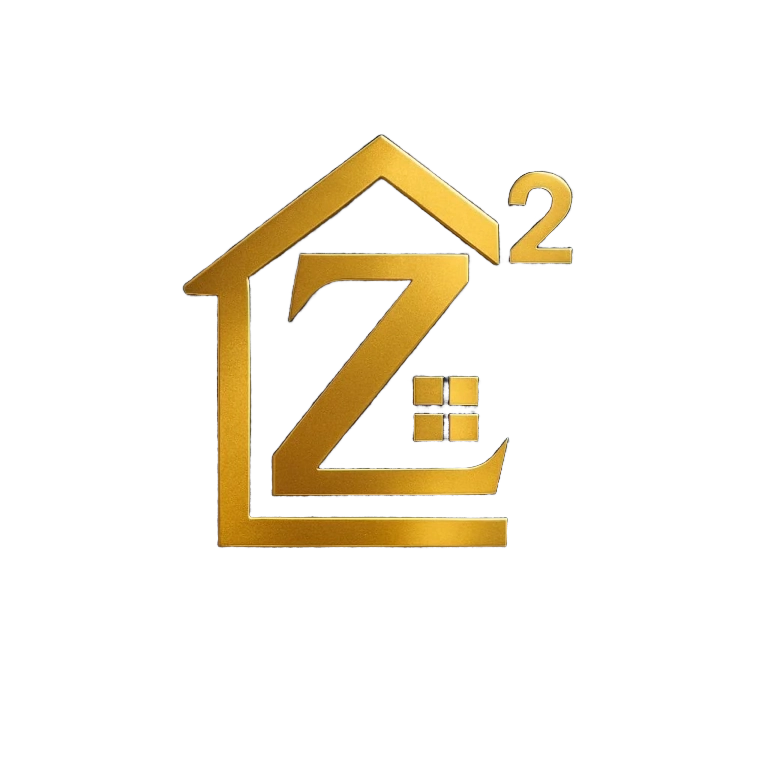You can verify the project's progress by visiting the Dubai Land Department’s website under the Real Estate Regulation section, where you can track the current status of approved developments.
Simply go to DXB Interact to discover all of Dubai's latest real estate transaction values, in real time. Sort by property type or location to get a better understanding of the value of any property, before making the decision to buy or sell. DXB Interact is powered by the Dubai Land Department, to ensure 100% transparency, and help you avoid overpaying or under-valuing your property.
There are a number of benefits to investing in real estate in Dubai, including: High rental yields: Rental yields in Dubai are among the highest in the world. This means that investors can generate a significant income from their real estate investments. Capital appreciation: Property prices in Dubai have been rising steadily in recent years. This means that investors can expect their investments to appreciate in value over time. Tax benefits: There are no personal income taxes or capital gains taxes on real estate investments in Dubai. This can save investors a significant amount of money. Visa benefits: Investors who buy property in Dubai can qualify for a residency visa. This can give them access to the benefits of living in Dubai, such as access to healthcare and education. Never buy, sell, or rent property in Dubai without checking DXB Interact. You'll find real-time comparable property transactions, so you can negotiate with confidence, using information straight from the Dubai Government.
Yes, villas in Dubai can appreciate in value, especially when located in established or high-demand communities. Like any real estate investment, appreciation depends on factors such as location, developer reputation, market conditions, and long-term urban planning. Key Factors That Drive Villa Appreciation: Location: Villas in prime areas like Dubai Hills Estate, Palm Jumeirah, Arabian Ranches, and Emirates Hills tend to see strong capital growth due to demand, lifestyle offerings, and infrastructure. Limited Supply: Compared to apartments, villas make up a smaller portion of the housing stock, leading to higher demand—especially for well-designed, standalone units. Land Ownership: Many villa purchases include freehold land ownership, which adds long-term value and resale potential. Lifestyle Appeal: Villas are increasingly favored by families and high-net-worth individuals seeking privacy, outdoor space, and premium living—supporting sustained demand and price resilience. Market Trends: In recent years, the villa segment has outperformed apartments in terms of both price growth and rental yields in many areas, especially post-COVID as buyers prioritized space and privacy. Villas in Dubai not only offer lifestyle benefits but also hold strong potential for capital appreciation—particularly when purchased in strategic locations with long-term development prospects.
If your landlord fails to pay the building service charges (also known as maintenance fees), it can affect access to shared services such as parking, gym, pool, or even basic maintenance. However, as a tenant, you are not legally responsible for these charges—the landlord is.
What You Can Do: Notify the Landlord in Writing: Send a formal written notice requesting immediate settlement of outstanding service charges. Keep a record of all communications. Report to the Developer or Owners' Association: Inform the building management or owners’ association that you are aware of the issue and confirm that it’s being addressed by the landlord. File a Complaint with the Rental Dispute Center: If the issue persists and it affects your use of the property, you can file a complaint with the Dubai Rental Dispute Settlement Center under the Dubai Land Department (DLD). Seek Compensation (if applicable): If your enjoyment of the property is significantly affected (e.g., no access to facilities due to unpaid charges), you may be entitled to compensation or rent reduction—subject to review by the Rental Dispute Center.
If the project hasn’t started and is under cancellation: Dubai Land Department (DLD) does not have the authority to cancel contracts between investors and developers. If an investor wishes to end the contract, they must go to the real estate court. DLD’s role here is limited to mediating and helping both parties reach an amicable settlement — it cannot enforce termination.
If the project has been cancelled: The project’s escrow account is handed over to the project liquidation department, which requests the developer to refund investors within 60 days of the cancellation notice. If necessary, the Real Estate Regulatory Agency (RERA) may extend this timeline. If the developer fails to refund, the case is referred to court to protect investor rights.
Yes, the law covers all projects that were sold off-plan and have been completed. Developers were given a six-month grace period from the date the law was issued to comply with the requirements of Law No. 8 of 2007 concerning escrow accounts for real estate development.
